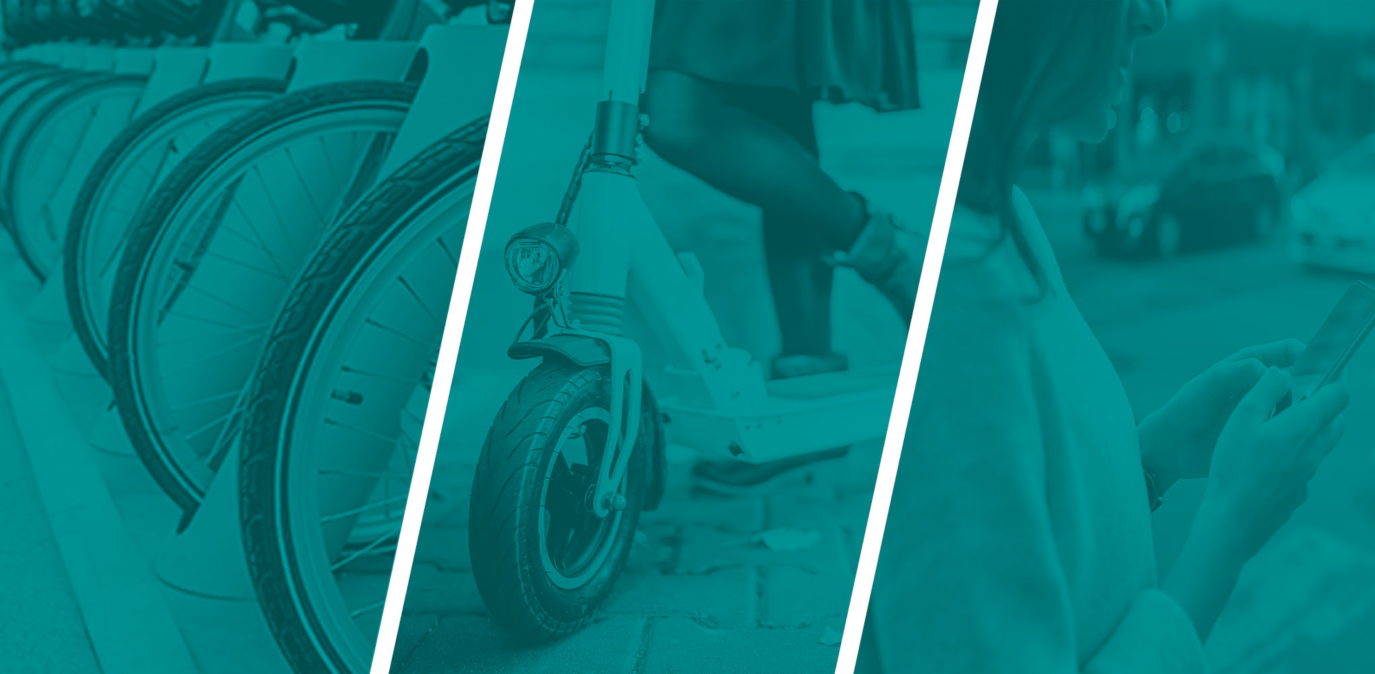Top 3 On-Demand Mobility Stories in Europe - 29 Nov 2018
by Inline Policy on 29 Nov 2018
This week's top 3 stories: France's long-awaited mobility law, Uber fined for data breaches, new funding for EV charging points in Germany.
1. France's long-awaited Mobility Law is finally tabled
On 26 November France's long-awaited mobility law was presented to the Council of Ministers, notably without measures to introduce congestion charges in major cities. This was in part a concession to the “Gillet Jaunes” protests over increases in fuel duties. The law includes new powers for local authorities to co-ordinate local transport, including on-demand services provided by private operators, such as car-pooling and car sharing. The law also includes a new regulatory framework for shared and dockless forms of mobility, such as bikes and electric scooters and a regulatory framework for the development of autonomous vehicles. Also notable is the obligation for new residential buildings with parking spaces for 20 cars or more to have electric charging points.
2. Uber fined by British and Dutch data regulators
Data protection authorities in both the UK and the Netherlands have imposed fines on Uber for a data breach which occurred in October and November 2016. The breach reportedly left the details of over 2.7 million UK customers vulnerable. The British Information Commissioner's Office levied a fine of £385,000 on the ride hailing firm, whilst Dutch authorities imposed a fine of €600,000. The incident predates the implementation of the General Data Protection Regulation (GDPR) and so the penalties reflect the lower penalties contained in previous data protection law. Had the breach happened post-GDPR, the penalty could have been as high as 4% of Uber's global annual turnover.
3. €50m of new funding for public EV charging points in Germany
The German Transport Ministry announced an additional €50 million in funding for public electric vehicle charging points. This funding is part of a €1 billion package for cities whose pollution levels are in breach of EU law. In a separate development, Paris City Council announced that it will open up 1,000 electric vehicle charging points to use by the public from 1 December.
This is a weekly note covering the top three developments in the regulation of on-demand transport in Europe. It covers taxis, ride-sharing, car sharing, carpooling, bikes, e-bikes, scooters, shared mopeds and anything else that's relevant to the sector. If you'd like to receive this direct to your inbox then please enter your email address below:
Topics: Transport, Sharing economy, Sharing and on-demand transport, Top 3 Mobility Stories This Week, Mobility






Comments